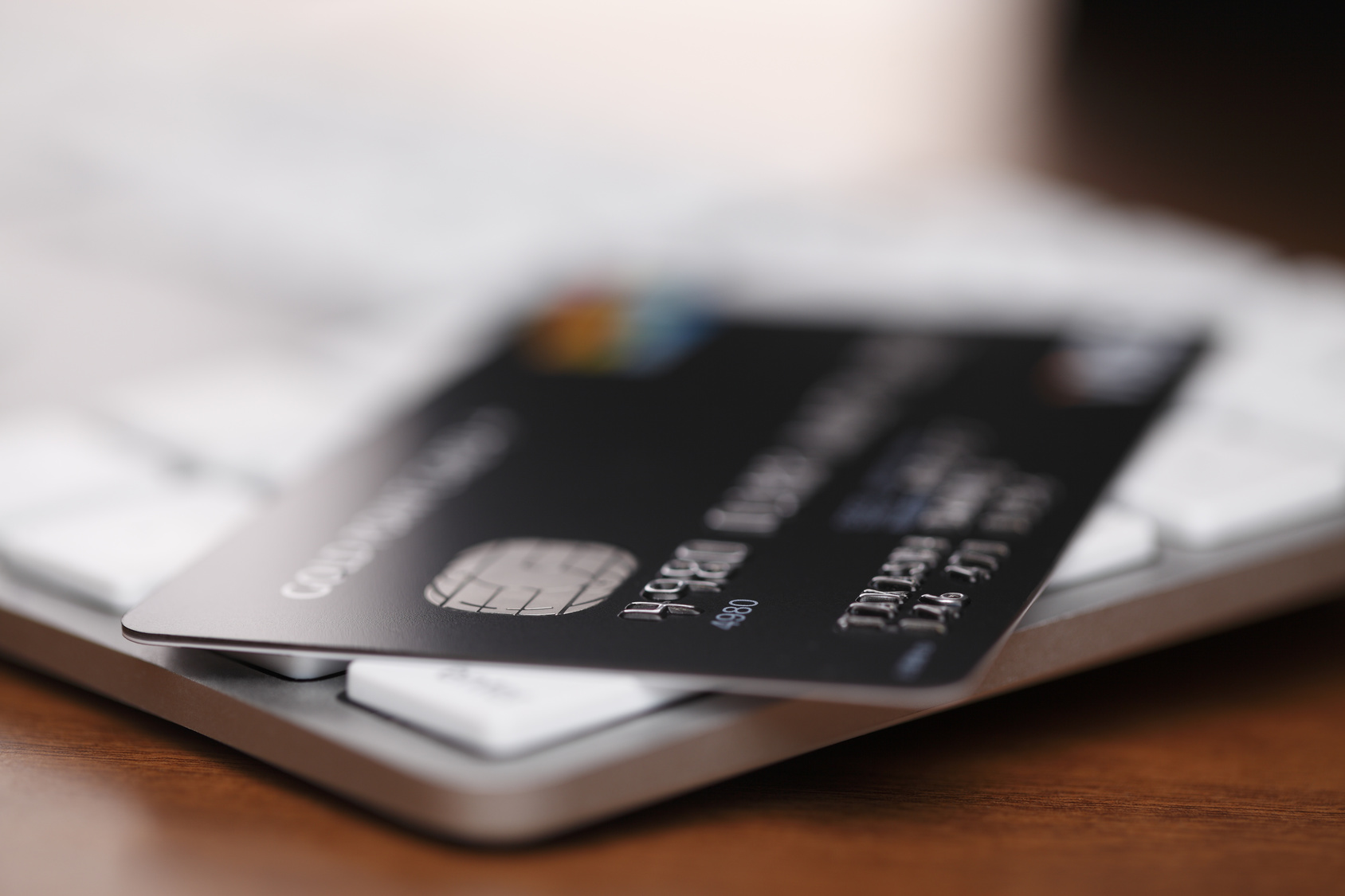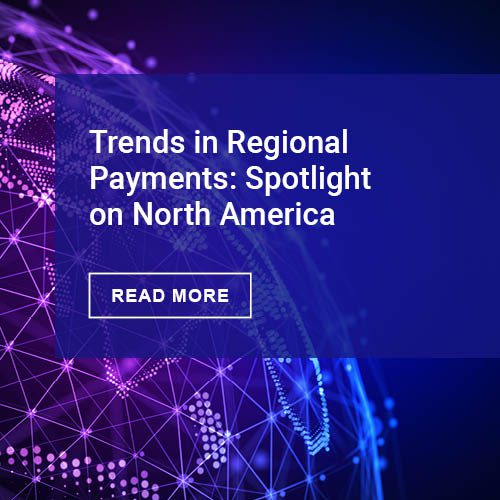Credit card issuers are nearly out of new co-brand partners, which is why Citi’s Costco win last year was significant. Now, with United Airlines rethinking its Chase relationship, expect that many retail partners will be looking to squeeze more from their partners. That is one of the reasons that Uber’s new partnership with Barclaycard is exciting.
-
Uber already has a home on your phone. Now it wants a place in your purse or wallet.
-
The ride-hailing giant on Wednesday unveiled a new no-fee, co-branded credit card with British bank Barclays that it hopes becomes a major part of consumers’ everyday spending habit.
I have used Uber in 28 different cities and four countries. The best thing they do, besides undercutting the taxi industry by 50%, is integrating payments into their process. You link your card, set it and forget it. The backend process is great.
The new card is a shift because it puts Uber directly into the function as a co-brand partner rather than simply s beneficiary of payments. Barclays is certainly a strong partner with a range of cards ranging from Jet Blue airlines to Wyndham hotels. The rewards program is fairly good but
-
Paying for an Uber ride will get the cardholder 2 per cent cash back.
-
Other rewards include: 4 per cent cash back for every dollar spent on dining including Uber’s UberEATS on-demand food delivery service; 3 per cent cash back on airlines, hotels and vacation home rentals like Airbnb; 2 per cent cash back on online purchases and subscriptions; and 1 per cent cash back on all other purchases.
What Uber really needs is a dynamite rewards program. 2% cash back is not much, and something akin to the revenue loyalty program that most airlines use will bring value to consumers. For now, this is a start.
Overview by Brian Riley, Director, Credit Advisory Service at Mercator Advisory Group
Read the full story here












